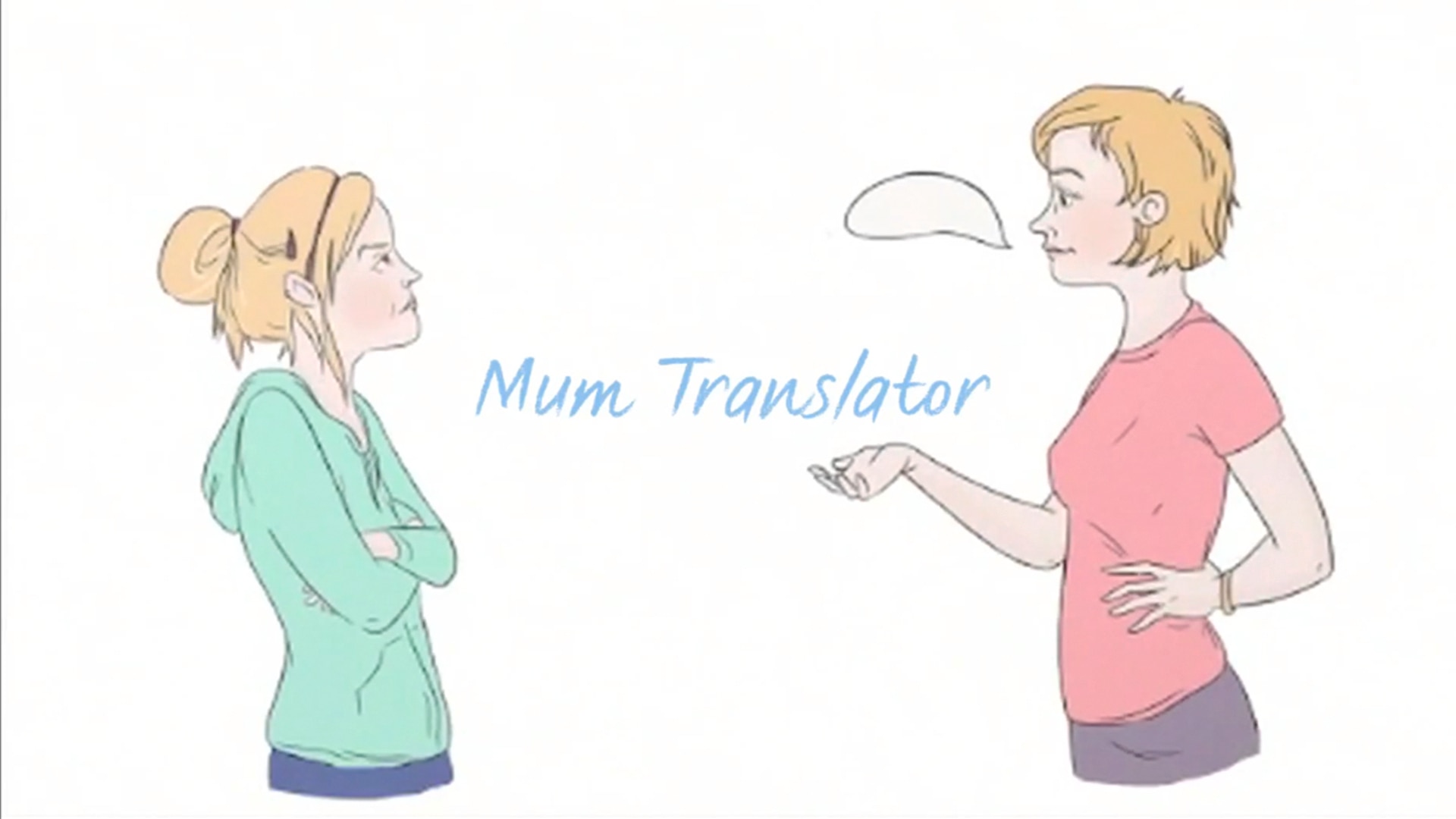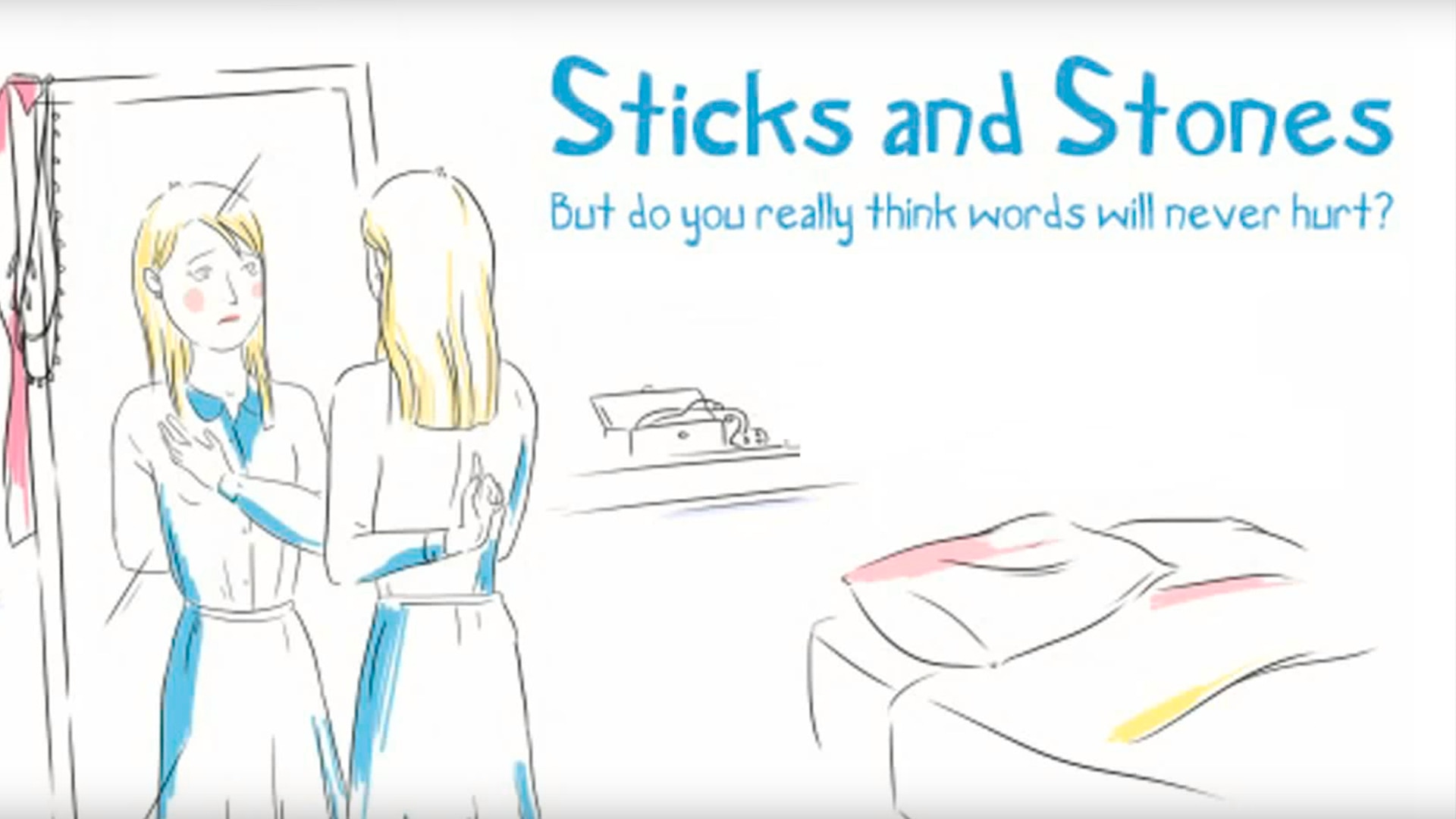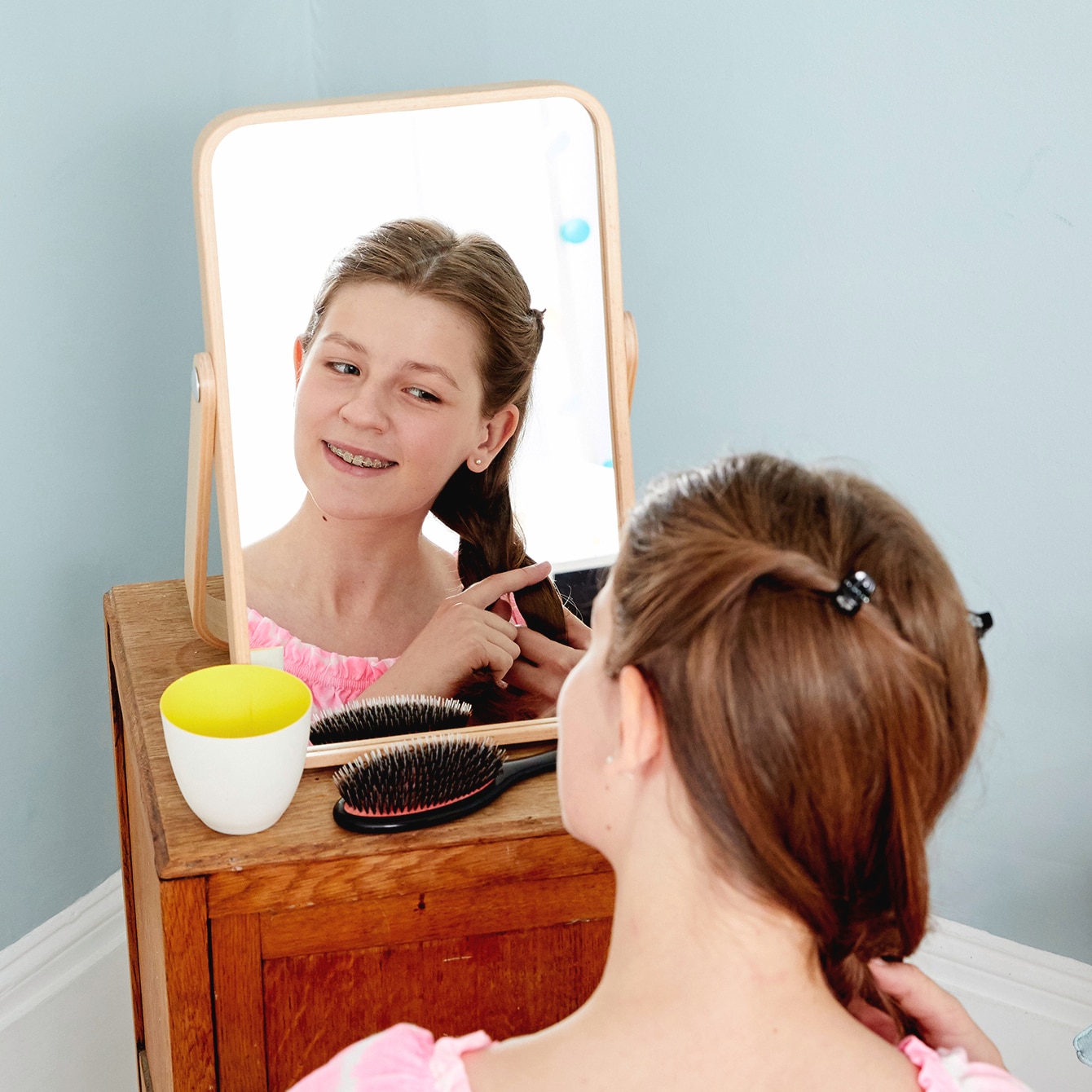Why do we so often greet our friends with a comment about their appearance? We’ve put together a checklist to give you ideas for opening a conversation, without placing too much importance on looks.
Meeting and greeting
Next time you greet a friend, take notice of how you start your conversation. Does it go something like: "Wow, you look great, have you lost weight?" or "I love that top – it makes you look so slim?"
Using appearance as a way to open conversations is second nature to women – but why? We may think of these sorts of comments as compliments, but conversation starters focused on looks can make appearance seem overly important, and set a negative example for our children.
Our children learn from our conversations
"Many women compliment each other’s appearance, or make negative comments about their own appearance, as an icebreaker. This kind of conversation is often referred to as ‘fat talk’ or ‘body talk’," explains research psychologist Dr Phillippa Diedrichs. "Often women and girls do this as a way to show interest in their friends, and to show that they care or can relate."
The problem is, we tend to do this without considering what impact it might have on our friends, and inadvertently on our children. We’ve become so accustomed to talking about our appearance before anything else, that often we don’t even realise we’re doing it.
"Although body talk is often used with good intentions, it usually has the opposite effect. It can make women feel self-conscious and unhappy with their appearance. This is because body talk often reinforces narrow beauty ideals," says Diedrichs. "For example, commenting on how great it is that someone looks slim, sends the message that women need to be slim to be considered attractive or worthy of attention, and it also implies that you notice what your friend weighs."
Without even trying, we’re passing on a subliminal message – appearance is a priority when it comes to friendships. What’s more, we’re often reinforcing negative beauty ideals by using weight and shape in our 'good' compliments. According to the study Adverse Effects of Social Pressure to be Thin on Young Women: An Experimental Investigation of the Effects of ‘Fat Talk’🔗, young women only need to hear three minutes of this type of conversation, before their body satisfaction decreases.
Undoing the conversation habits of a lifetime
It’s not just friends we greet with these appearance-openers. Think back to the last time you met a little girl. Did you ask her about her hobbies or school, or did you launch into the "Isn’t that a pretty dress!" routine?
How do we undo the habits of a lifetime? After all, we’ve probably been learning these ‘conversation rules’ since childhood.
We’ve put together an action checklist, with some helpful icebreakers and ideas for opening conversations without mentioning the other person's looks. Changing your habits will take time and conscious effort, but you’ll be sending more positive messages to your child about what you value in other women. Putting less emphasis on weight, clothes and looks when you greet your friends, indirectly teaches her that you don’t have to look a certain way to fit in and form friendships.
Action checklist: Conversation topics for you and your friends






